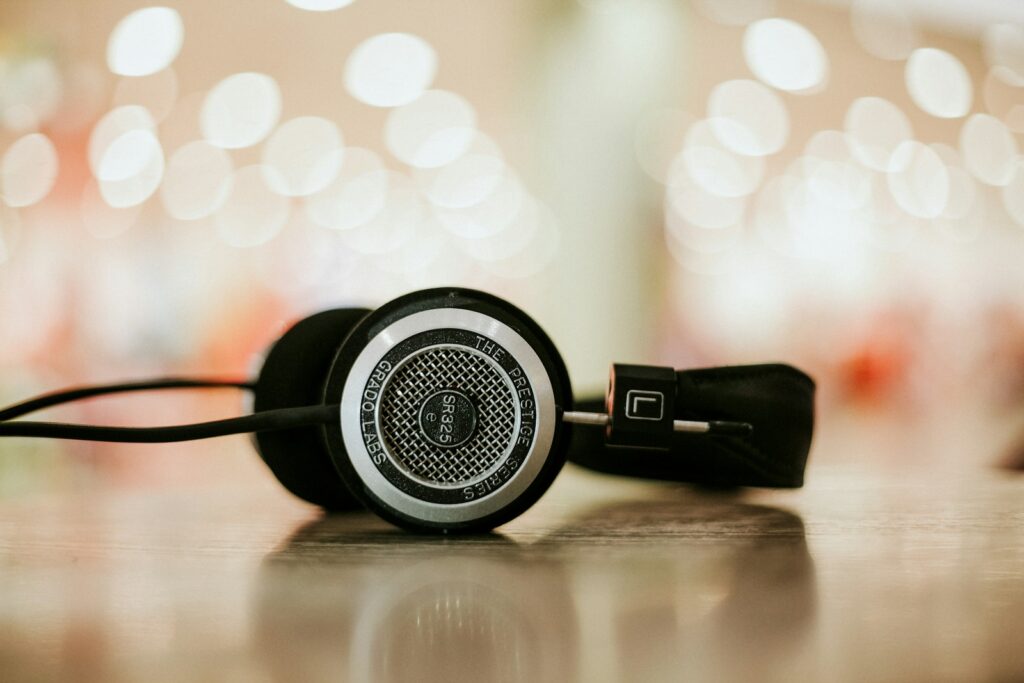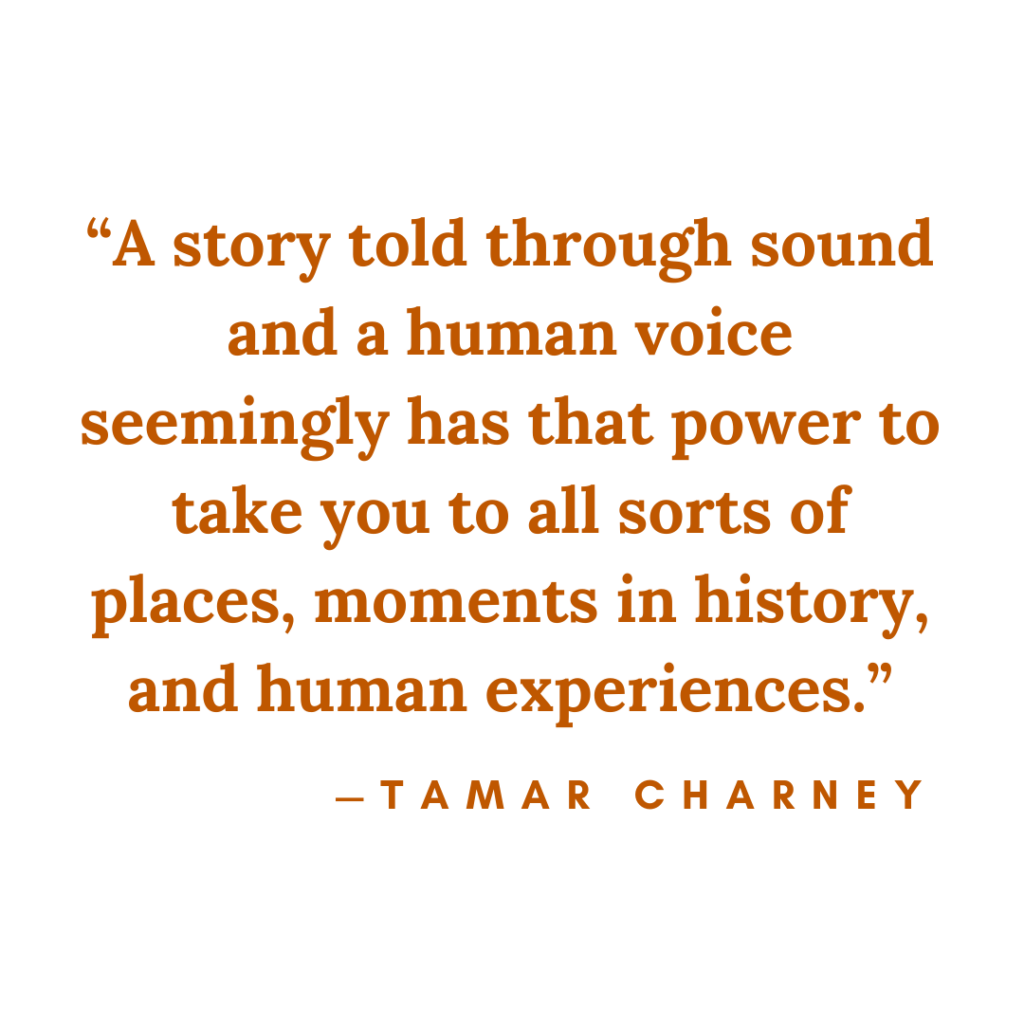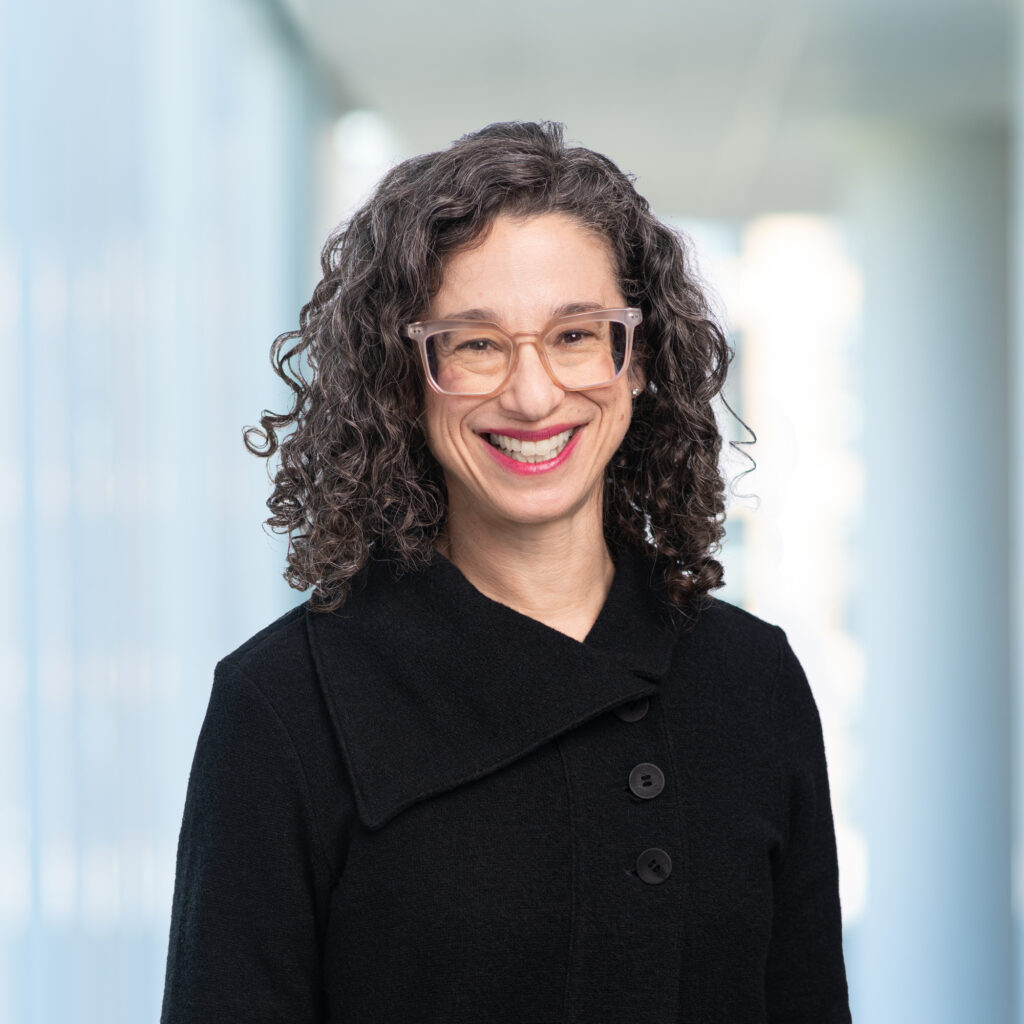Start learning today!
Get early access to learning opportunities from Journalism Courses by the Knight Center.

Over the last decade, the popularity of online audio, podcasts and audiobooks has surged. According to the Pew Research Center, 75% of Americans aged 12 and older listened to online audio in the past month, and 42% listened to a podcast in the past month. To help you make the most of this trend, the Knight Center for Journalism in the Americas is excited to offer a new advanced, low-cost course, “Audio Intensive Storytelling for Journalists.”
This four-week online course, from July 15 to August 11, 2024, costs $95 and is tailored for experienced journalists, regardless of their familiarity with audio journalism, who are eager to enhance their proficiency or explore this field. With limited seats available, this English-language course offers interactive learning with weekly office hours with the instructor and a certificate upon completion.

Led by the renowned audio journalist Tamar Charney, alongside distinguished guest speakers like Don Gonyea, National Public Radio’s (NPR) National Political Correspondent; Chris Bannon, SVP and Head of Global Audio at Conde Nast; Jenn White, the esteemed host of U.S. radio talk show 1A; and Jessica Hansen, a nationally-renowned voice coach formerly with NPR, our four-week course gives participants an opportunity learn how to create captivating audio stories, taking them from planning to performance.
We interviewed instructor Tamar Charney, an experienced audio journalist, consultant, and audio storytelling trainer who has a rich background working at NPR and local public radio stations in the United States. She shared valuable insights, giving participants a sneak peek into what they can expect from this new course:
KC: Tamar, can you tell us a bit about your background and experience in audio journalism? How did you get into audio storytelling? What sparked your interest and kept you engaged in audio for so many years?
Tamar: I’ve been working in audio for over 30 years. I’ve been a DJ, a voiceover artist, and even a live sound engineer. Mostly, I’ve worked in audio journalism in public radio, been a reporter, an editor, a newscaster. I created talk shows and documentaries. I’ve led editorial strategy at Michigan Radio and for NPR’s digital audio work on apps and smart speakers. I’ve created and led podcasts for NPR, and I was part of NPR’s new project greenlighting commission.
I fell in love with audio storytelling because of the ability of audio to transport people. I remember as a tween listening to a late-night jazz show on the radio one night and realizing that as I listened, I felt like a sophisticated grown-up sitting at a table in a jazz club rather than a kid in pajamas in bed. It is this ability to transport people into other people’s shoes that keeps me involved in audio journalism.

KC: Why do you think audio storytelling resonates so deeply with audiences compared to other forms of journalism?
Tamar: I’d argue that’s because it is our original way of telling stories. Since the earliest days of humanity, we gathered around the campfire. We did that to preserve our histories before writing was a thing. We did it to teach lessons across generations. The craft has evolved over time and the technology of transmitting audio stories has changed, but at core it is the same: a story told through sound and a human voice seemingly has that power to take you to all sorts of places, moments in history, and human experiences. So it is a powerful form of storytelling. Plus because it has been with us forever, we are really hardwired to respond to a story told this way.
KC: What can participants expect to learn from this course? What key skills and knowledge will they gain, and how will it benefit their careers?
Tamar: Students will deepen their understanding of how to create audio journalism. We’ll explore the different forms of audio journalism so students can hone their audio storytelling skills – from creating a reporting plan that includes audio to performing their story on a microphone. Upon completion of this course participants will know how to create a focus for an audio story, learn a process of planning the production of an audio story, how to write for the ear, how to perform an audio script, and learn how to turn a print story into an audio interview. This course is designed for experienced journalists who are interested in audio storytelling or are finding that they are expected to be proficient at audio storytelling as part of their job or want to further develop their audio storytelling skills.
KC: Could you share a project you’re particularly proud of and explain why it’s significant to you?
Tamar: There are so many! I’m really proud of the role I played in developing NPR’s Coronavirus Daily. It was a podcast that we quickly spun up to bring podcast listeners the latest developments in the confusing and terrifying early days of the pandemic. It was hugely successful because it provided a very clear focus as a project and a really clear value to the audience. When listeners began to tire of pandemic news, the podcast evolved into Consider This which is now NPR’s daily afternoon podcast. I love that we created something that was a vital source of information at a time when listeners hungered for it and that the project turned into something else when that moment passed.
KC: If you could interview anyone, living or dead, for an audio story, who would it be and why?
Tamar: Bjork. Obviously, she is a fascinating and powerful creative force who has created an amazing body of music on her own terms that has evolved and changed as she has, from punk to classical. Plus she’s used her fame and wealth in interesting and influential ways to support women and the environment of her native Iceland. But on top of all of that, I just love her speaking voice and the unique character and timbre of it mixing with her lovely Icelandic accent.
KC: What is your main message for those considering enrolling in the course?
Tamar: Sign up! You’ll learn a lot, you’ll hear from really accomplished audio journalists, meet other fascinating audio storytellers in the forum, and come away with tools for creating audio journalism.
Register while space is still available!
Get early access to learning opportunities from Journalism Courses by the Knight Center.